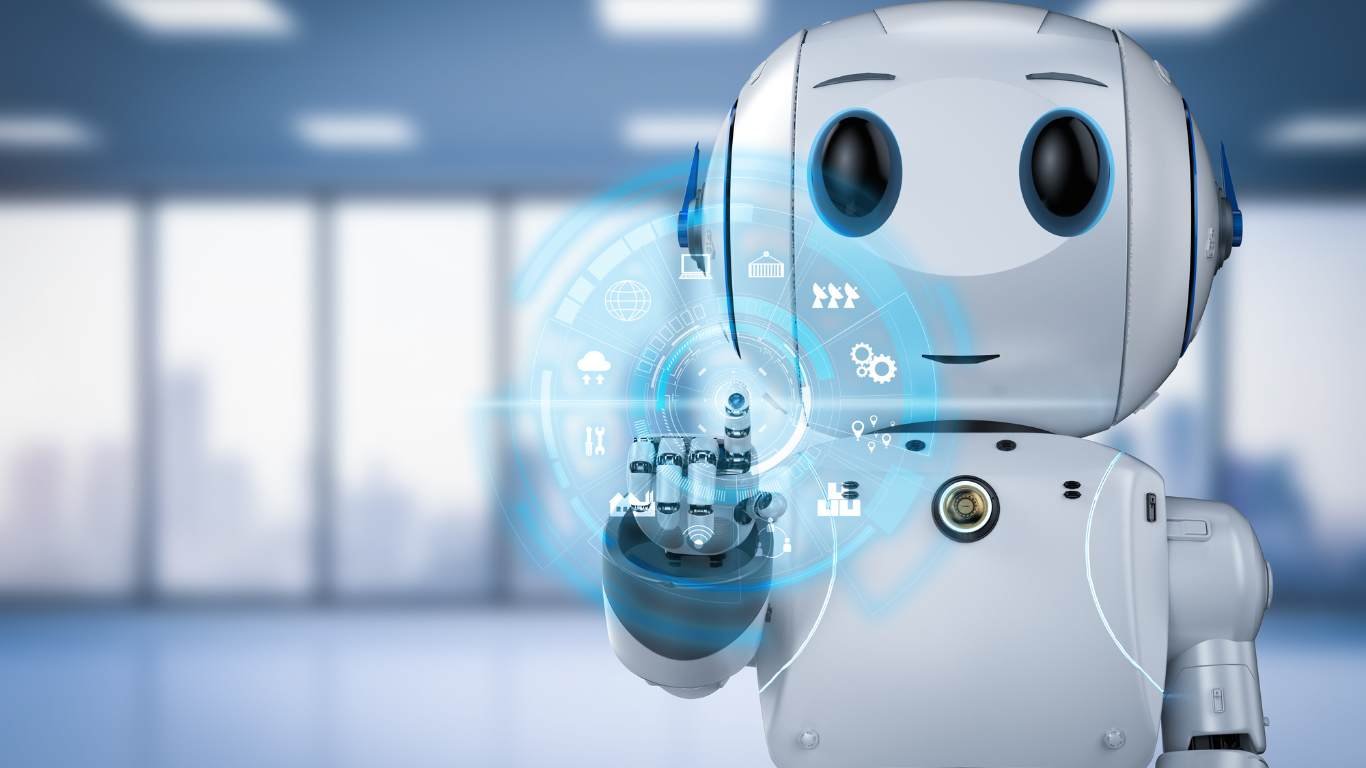The Rise of Artificial Intelligence in Everyday Life
Alvish Asher
. 2 min read
Artificial Intelligence (AI) has made remarkable strides in recent years, transforming the way we live, work, and interact with technology. Once confined to the realm of science fiction, AI is now a tangible force that permeates various aspects of our daily lives, including programming. From voice assistants in our smartphones to personalized product recommendations, AI's integration has become seamless and ubiquitous. In this article, we'll explore the impact of AI on everyday life, highlighting its diverse applications, benefits, and potential challenges, with a particular focus on its role in programming and shaping technological innovations.

Explore the Impact of AI on Everyday Life
AI in Smart Homes:
The smart home revolution owes much of its success to the incorporation of AI technologies. AI-powered home assistants, such as Amazon's Alexa and Google Assistant, have become virtual companions, responding to voice commands to control lighting, thermostats, and household appliances. AI's ability to learn user preferences enables personalized experiences, making everyday tasks more convenient and efficient.
AI in Healthcare:
In the healthcare sector, AI has the potential to revolutionize patient care and medical research. AI algorithms can analyze vast amounts of medical data to identify patterns, aid in diagnosis, and even predict disease outcomes. Robotics and AI-driven surgical systems have also improved surgical precision, reducing the risk of complications and recovery time for patients.
AI in Transportation:
AI has sparked innovations in transportation, paving the way for self-driving cars and improved traffic management systems. Autonomous vehicles promise increased safety on the roads and enhanced mobility for people with limited transportation options. Moreover, AI-based algorithms optimize public transportation routes, reducing congestion and improving efficiency.
AI in Personalized Marketing:
Digital platforms use AI to analyze user behavior, preferences, and demographics, leading to hyper-targeted marketing campaigns. This personalized approach ensures that consumers receive tailored content and product recommendations, enhancing their shopping experiences. However, this data-driven approach also raises concerns about privacy and data security.
AI in Education:
AI is reshaping the education landscape, providing personalized learning experiences for students. Intelligent tutoring systems can adapt lessons to individual learning paces and styles, improving educational outcomes. Additionally, AI aids educators in administrative tasks, allowing them to focus more on student engagement and instruction.
AI in Entertainment:
The entertainment industry has embraced AI to enhance creativity and engage audiences. Streaming services employ AI algorithms to recommend movies, shows, and music based on user preferences, while AI-generated art and music have opened new avenues for artistic expression. However, questions regarding copyright and ownership arise as AI generates content autonomously.
AI in Customer Service:
Virtual customer service agents, powered by AI chatbots, have become commonplace in various industries. These chatbots provide real-time assistance to customers, addressing their queries and concerns promptly. While they improve response times, there are ongoing efforts to refine their capabilities to handle more complex interactions.
Challenges and Future Prospects:
Despite its numerous benefits, AI's rise in everyday life also poses significant challenges. Ethical considerations, biases in AI algorithms, and potential job displacements are among the concerns that demand attention. Policymakers, industry leaders, and society as a whole must collaborate to ensure responsible AI development and implementation.
Conclusion
The rise of artificial intelligence in everyday life has ushered in a new era of technological progress and convenience. AI's integration has touched nearly every aspect of our lives, from simplifying household tasks to advancing medical care and driving innovation in various sectors. As AI continues to evolve, responsible and ethical deployment will be crucial to harness its potential fully. By embracing AI thoughtfully, we can leverage its power to create a brighter and more efficient future.

